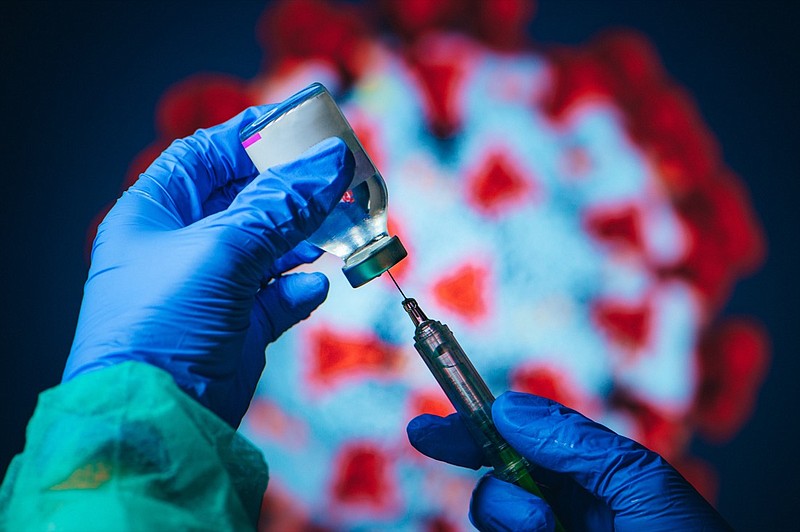Q: Is getting a COVID-19 vaccine during pregnancy safe?
A: Pregnant women are a vulnerable population during infectious-disease pandemics. COVID-19 infection during pregnancy has been associated with a higher risk of poor outcomes, including eclampsia, pre-eclampsia, severe infections, ICU admissions, preterm birth and maternal death. To date, almost 87,000 coronavirus infections and 97 deaths have been reported in pregnant women, according to the U.S. Centers for Disease Control and Prevention COVID Tracker.
Pregnant women were not included in the initial clinical trials of the two mRNA vaccines (Pfizer and Moderna), but two recent studies have been published assessing the safety and efficacy of getting an mRNA COVID-19 vaccine during pregnancy. The most recent study included 35,691 pregnant women 16 to 54 years of age.
Their data was obtained from the V-Safe surveillance system, V-Safe Pregnancy Registry and the Vaccine Adverse Reporting System (VAERS) and compared to non-pregnant women reporting to the same databases. Data reporting in these systems is voluntary. Pain at the injection site was reported more in the pregnant women who got the vaccine but headache, muscle soreness, chills and fever was reported less frequently. No safety concerns were observed. Rates of preterm births and miscarriages were similar among both groups.
The authors of the study concluded that continued monitoring is important to further assess maternal, neonatal and childhood outcomes associated with maternal COVID-19 vaccination but stated the data could help inform decisions about getting the vaccine during pregnancy.
A different study assessed immune response and side effects of COVID vaccines in pregnant and lactating women and compared response to non-pregnant controls and women who had had natural COVID-19 infection. COVID antibodies were measured in participants' blood at baseline, after second dose and six weeks after second dose.
Samples were also obtained at delivery and from offspring. Antibody levels were higher in pregnancy women who had the COVID vaccine compared to women who had the natural COVID infection, suggesting a more robust response from the vaccine compared to natural infection. Antibodies were found in samples of neonates proving that immune transfer occurred via placenta and breast milk. No significant side effects were seen in either group.
Getting a COVID vaccine is a personal choice. The results of both of these studies are reassuring that the vaccine is safe to use during pregnancy and could offer offspring protection. The CDC last week revised its guidelines and recommends pregnant women get vaccinated.
Fernando Urrego, M.D., is the interim health officer at the Chattanooga-Hamilton County Health Department and a member of the Chattanooga-Hamilton County Medical Society.

